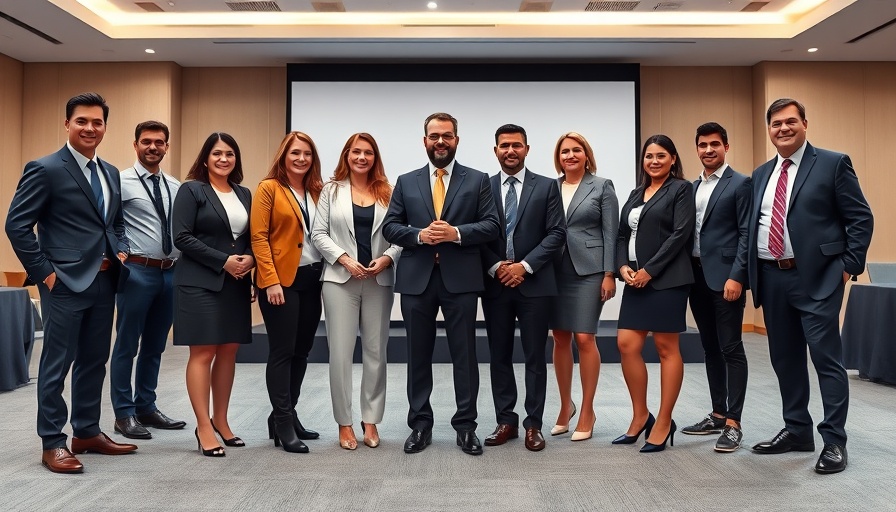
The Pulse of African Innovation: Key Insights from AVCA 2025
Last week, the African Venture Capital Association (AVCA) Summit returned to Lagos, marking a decade since its last gathering, a fitting backdrop filled with anticipation for Africa's tech future. The summit addressed pressing issues facing the continent's startup ecosystem amidst global economic apprehensions, particularly around FX devaluations and a slowdown in capital investment. Here’s a summary of the vital discussions igniting inspiration among Africa’s entrepreneurial spirit, tech entrepreneurs, and venture capitalists.
Lessons in Pricing and Distribution from Calendly's CEO
Tope Awotona, founder of Calendly, shared how his company became a leading player by mastering three key elements: pricing, distribution, and data. By making online scheduling accessible through a freemium model and leveraging user data, Calendly achieved remarkable revenue growth, showcasing how product-led growth can thrive in any economic climate. This approach offers valuable lessons for African startups, particularly in the evolving sectors of AI in Africa and fintech.
Navigating the Climate of Capital: Lessons from Experienced Investors
During the panel titled "Life Below 0 °C," Khaled Ben Jilani of AfricInvest highlighted the importance of adaptability in fundraising during adverse economic conditions. Emphasizing local understanding and leverage of stablecoins in trade finance, panelists concluded that the future of investment relies on robust unit economics rather than optimistic narratives. For African entrepreneurs, succeeding requires grasping these fundamental shifts in the investment landscape.
Bridging the Capital Gap: The Road Ahead
The Unlocking Scale panel addressed the substantial funding gap between late-Series A and Series B rounds. Investors stressed the necessity of demonstrating substantial growth to clear due diligence, an experience echoed across the continent. This reality emphasizes that to effectively engage investors and secure favorable funding terms, African startups need to tell compelling global stories early in their trajectories.
Looking Forward: Growth Potential of Moniepoint and Beyond
Moniepoint’s rising star was also a focal point, with insights into its operational strategies showing how African companies can achieve profitability and attractiveness to investors while eyeing the IPO horizon. Their approach could indeed shape how blockchain solutions and digital payments evolve within Africa’s economic framework.
As the summit concluded, the invigorated discussions pointed toward a fruitful future for tech and investment across the continent. Entrepreneurs and investors alike left equipped with knowledge and strategies to navigate the challenges and opportunities that lie ahead in the realms of digital transformation and emerging tech.
 Add Row
Add Row  Add
Add 


Write A Comment